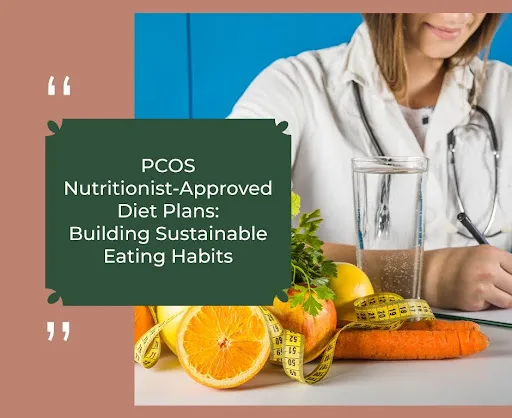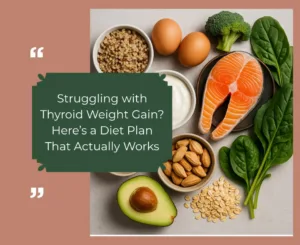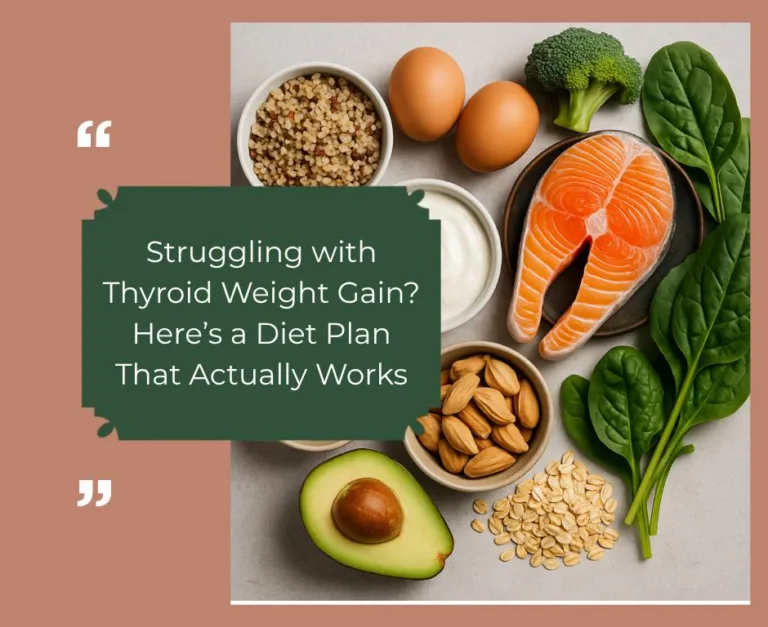Introduction:
Polycystic Ovary Syndrome (PCOS) is a common hormonal disorder that affects many women of reproductive age. It can lead to various health issues, including irregular menstrual cycles, infertility, weight gain, and metabolic problems. Managing PCOS often requires a holistic approach, with diet playing a crucial role. As a trusted PCOS nutritionist and dietician, we at The Health Studio are committed to helping women develop sustainable eating habits that support their health and well-being.
Understanding PCOS and Its Dietary Needs
PCOS is associated with insulin resistance, which means the body’s cells don’t respond well to insulin. This can lead to higher insulin levels, which may exacerbate symptoms of PCOS. Therefore, managing blood sugar levels through diet is critical. A PCOS nutritionist and dietician can guide you in choosing foods that help stabilize blood sugar and reduce insulin spikes.
Key Components of a PCOS-Friendly Diet
- High-Fiber Foods: Fiber helps slow down digestion and reduce insulin resistance. Incorporate plenty of vegetables, fruits, whole grains, and legumes into your diet. Foods like broccoli, leafy greens, berries, quinoa, and lentils are excellent choices as recommended by a PCOS dietician.
- Lean Proteins: Protein helps in balancing blood sugar levels and keeps you feeling full longer. Opt for lean sources such as chicken, turkey, tofu, beans, and low-fat dairy products.
- Healthy Fats: Incorporating healthy fats can help manage inflammation and support hormone balance. Include sources like avocados, nuts, seeds, olive oil, and fatty fish like salmon and mackerel.
- Low-Glycemic Index Foods: These foods have a lower impact on blood sugar levels. Examples include non-starchy vegetables, most fruits, whole grains, and legumes.
- Anti-Inflammatory Foods: Chronic inflammation is a common issue with PCOS. Include anti-inflammatory foods such as tomatoes, leafy greens, almonds, walnuts, and fruits like blueberries and strawberries which is highly preached by all PCOS nutritionist and dietician.
Meal Planning Tips for PCOS
Creating a meal plan that works for you is essential in managing PCOS. Here are some tips from a PCOS dietitian:
- Balanced Breakfast: Start your day with a balanced breakfast that includes fiber, protein, and healthy fats. A smoothie with spinach, berries, a scoop of protein powder, and a spoonful of flaxseed can be a great option as recommended by PCOS nutritionist and dietician.
- Smart Snacking: Choose snacks that combine protein and fiber to keep your blood sugar stable. Examples include apple slices with almond butter, Greek yogurt with chia seeds, or a handful of nuts.
- Portion Control: Be mindful of portion sizes, especially with carbohydrate-rich foods. Opt for smaller portions and balance them with proteins and fats which can be properly portioned with the help of an expert PCOS nutritionist and dietician.
- Hydration: Drinking plenty of water is vital for overall health. Herbal teas and water infused with lemon or cucumber can be refreshing options.
Building Sustainable Eating Habits
The key to managing PCOS through diet is consistency and sustainability under the guidance of a PCOS dietician and nutritionist. Here are some strategies to help you stick to a PCOS-friendly diet:
- Meal Prep: Preparing meals in advance can save time and ensure you have healthy options readily available.
- Mindful Eating: Pay attention to your hunger and fullness cues. Eat slowly and savor your food.
- Support System: Having a support system can make a significant difference. Whether it’s a friend, family member, or PCOS nutritionist, having someone to share your journey with can be motivating.
- Flexibility: Allow yourself some flexibility. It’s okay to enjoy your favorite treats occasionally. The goal is to maintain a balanced diet most of the time.
At The Health Studio, our goal is to empower women with PCOS to take control of their health through nutrition. By building sustainable eating habits, you can manage your symptoms and improve your overall quality of life. If you need personalized guidance, our PCOS dietitian and nutritionist is here to help. Together, we can create a diet plan that fits your lifestyle and helps you achieve your health goals.

























